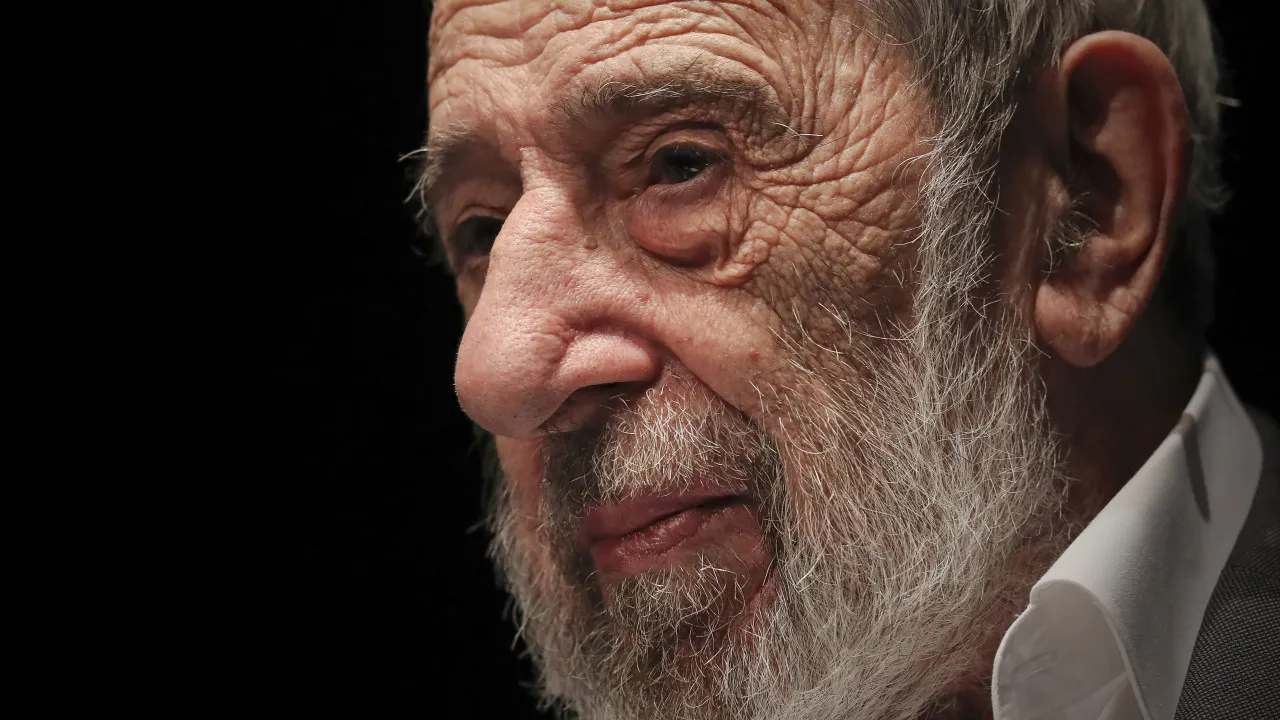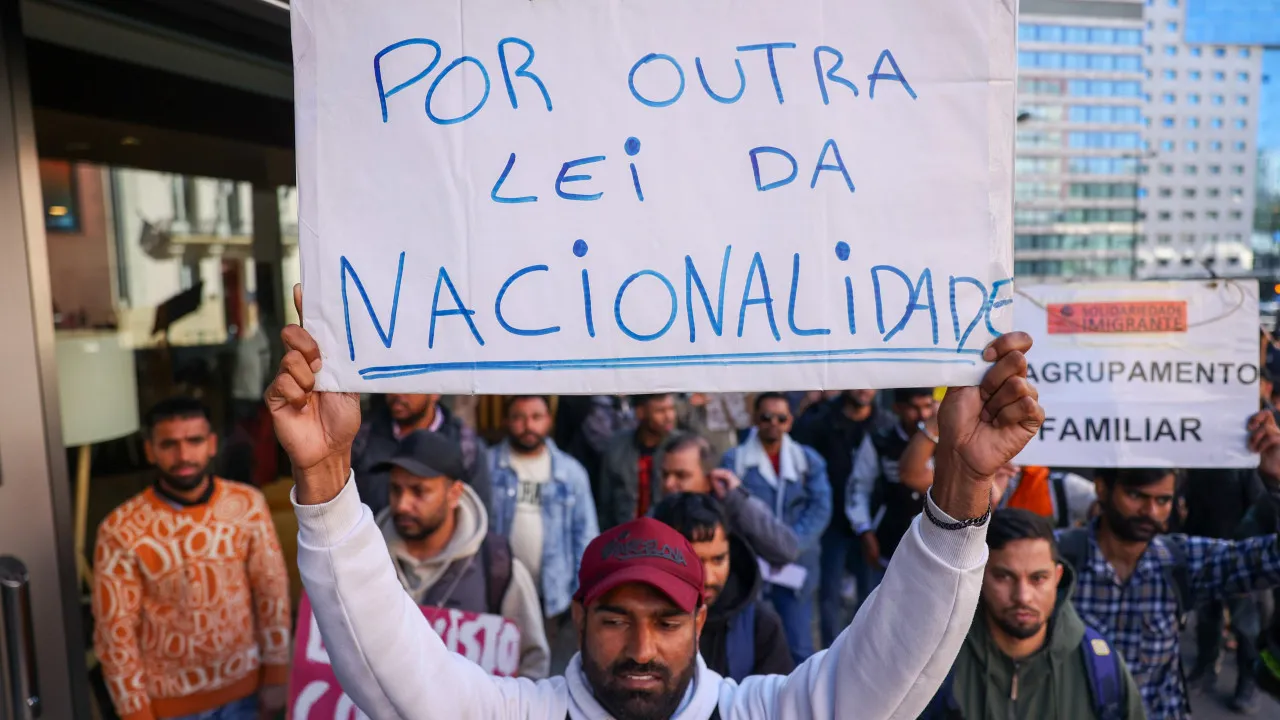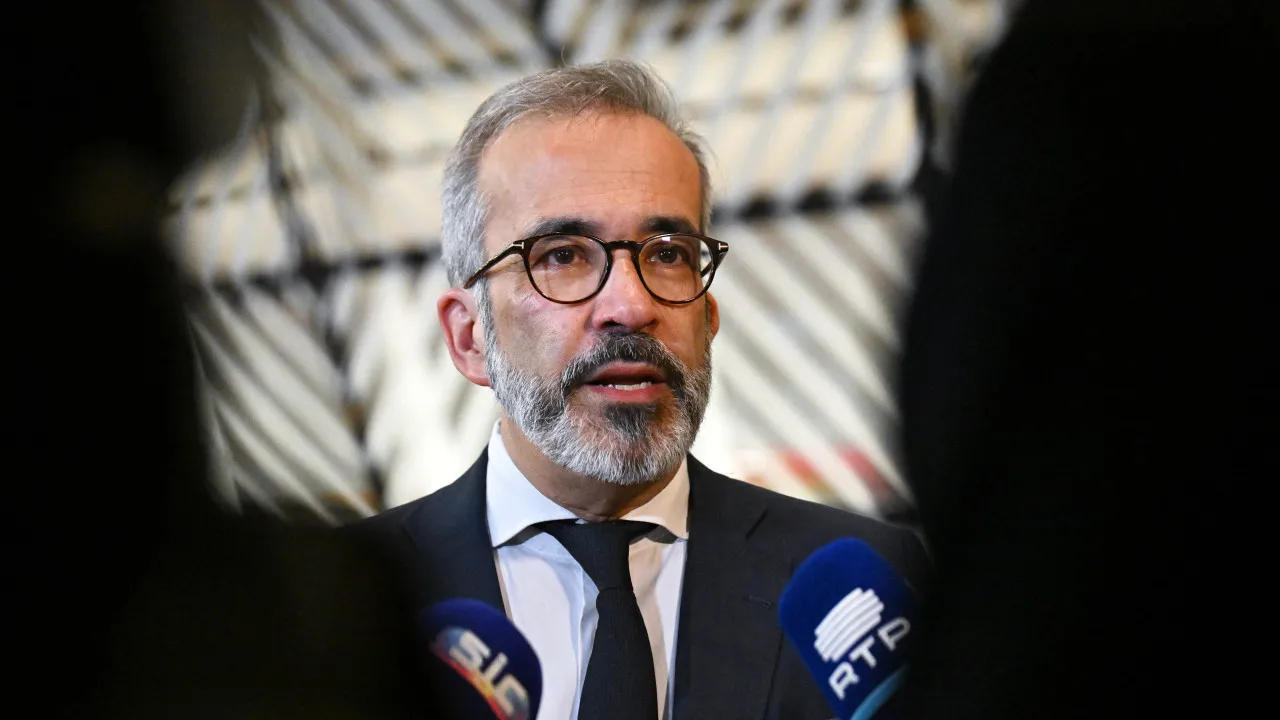
“One of the aspects that the new National System of Access to Consultations and Surgeries (SINACC) should address is precisely the inability to select surgeries in additional production,” stated Álvaro Almeida during the Parliamentary Health Committee meeting. He was heard regarding the additional dermatology surgeries at Hospital Santa Maria after it was revealed that a doctor received hundreds of thousands of euros for operating on patients on Saturdays.
SINACC is the new system outlined in the Government’s program set to replace the current Integrated System of Surgical Scheduling (SIGIC).
During the hearing requested by the Liberal Initiative’s parliamentary group, the Director of the Executive Board of the National Health Service (DE-SNS) noted that the SIGIC had previously identified weaknesses before the Hospital Santa Maria case emerged.
“The first flaw is the issue of surgery scheduling,” Álvaro Almeida stated, noting that the current model allows surgeries to be scheduled without respecting the order of waiting lists, despite being organized by seniority.
“It allows for the possibility of selecting specific surgeries that the scheduling surgeon wishes to perform, potentially choosing those that are easier or more financially profitable,” said the health service director.
Therefore, Álvaro Almeida mentioned that the proposal currently under consideration for creating SINACC mandates that all additional production from the list must strictly and automatically follow the patient’s order of seniority.
“The first surgery scheduled must be for the individual who has been waiting the longest. This avoids selective scheduling that could benefit certain individuals,” assured the DE-SNS official.
To the deputies, Álvaro Almeida also acknowledged that another weakness of the current system is connected to “a perverse incentive for generating waiting lists” for surgeries in public hospitals.
“The larger the waiting list, the more additional surgeries a service can perform,” the executive director of the SNS stated, ensuring that the SINACC would also address this issue.
He emphasized that it is not true that Local Health Units receive more funding for additional production, as they are financed on a capitation basis, with additional remuneration paid to healthcare professionals performing the surgeries.
Álvaro Almeida further noted that the additional production in the dermatology department at Santa Maria is “normal,” meaning it aligns with production levels of other hospitals.
Following the Santa Maria case, the General Inspection of Health Activities (IGAS) initiated a disciplinary inquiry that has yet to conclude, and the hospital’s administration decided to suspend additional dermatology surgeries and conduct internal audits.
Additional production is a regime that allows surgeries to be performed outside of the regular working hours of teams by providing financial incentives to reduce hospital waiting lists.




